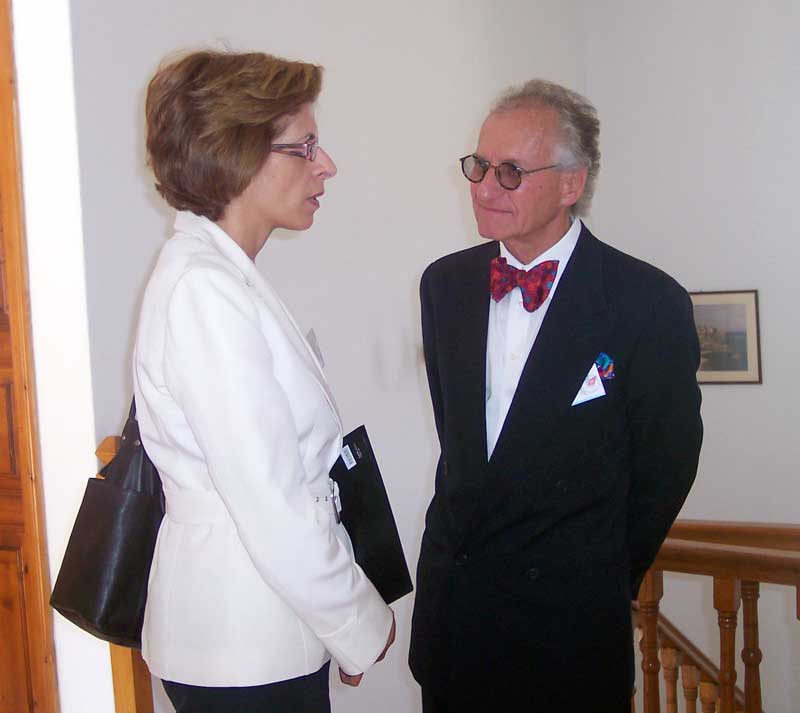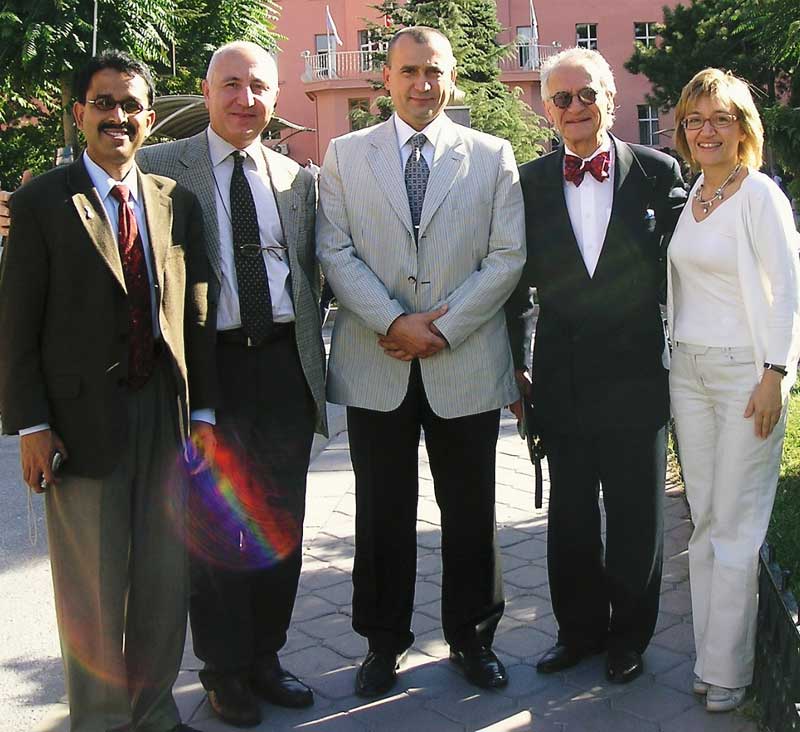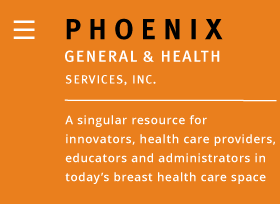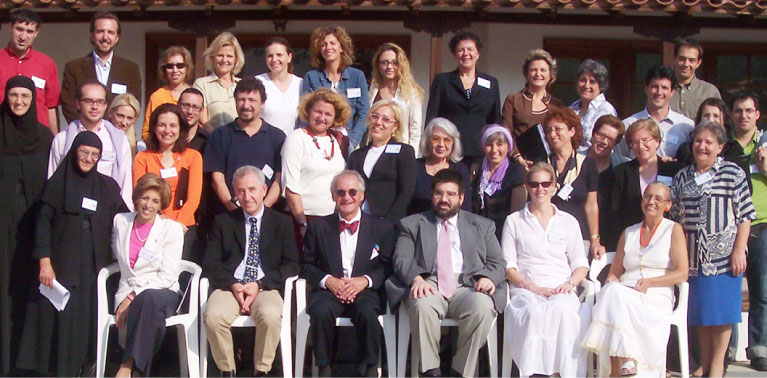CLIENT SUCCESS STORIES
PORTO ALEGRE BREAST HEALTH INTERVENTION COHORT, BRAZIL
Since 2001, Dr. Philip Kivitz has been the international consultant on a Breast Cancer Screening Program in Brazil, the Porto Alegre Breast Health Intervention Cohort (NMPOA – Núcleo Mama Porto Alegre). Dr. Kivitz helped design the center, choose the equipment and train the staff using U.S. MQSA standards of care. It is a breast cancer screening and treatment center for underserved women.
NMPOA is a prospective breast cancer screening study with two primary objectives:
(1) To test the effectiveness of a centrally structured mammography screening and early treatment program, based on active women search, close contact with the Public Breast Health Units, and promoting a multidisciplinary, humanized care for an underserved population from a developing country;
(2) To verify the profile of breast cancer risk factors in this female population, evaluating the frequency and possible contribution of established risk factors while attempting to identify new risks.
A secondary objective of the study is to estimate the cost-effectiveness of such a program.
Dr Kivitz regularly goes to Brazil to review and inspect the facility to assure maintenance of quality standards. During his visits, he also performs second reading of unusual and difficult mammograms as well as trains new staff assistants and answer questions from the research team.
His active participation in the study provides international patterns and accreditation to the mammographic screening program he developed.
At the 2009 San Antonio Breast Cancer Symposium, NMPOA data were presented for the percentage of women 40 and over who followed the recommendation to have a mammogram annually but at least every two years. The goal in the U.S. by 2010 is that at least 70% of women would have a mammogram at least every one to two years. NMPOA data show for 2007 – 72% and for 2008 – 77.5% complied with this recommendation. This response, higher than the U.S., is the result of planned extensive outreach with a coordinated team.
National statistics for Brazil indicate that 60% of cancers are diagnosed Stage III and IV. NMPOA in first years has 87% cancers diagnosed Stage 0 – II.
NMPOA continues to present its data at major international breast meetings throughout the world including the U.S.

DR K WITH STELLA KYRIAKEDES FROM CYPRUS. SHE IS FOUNDER AND PAST PRESIDENT OF EUROPA DONNA, THE EUROPEAN PATIENT ADVOCATE ORGANIZATION.
(click photo to enlarge)
ORMYLIA PROGRAM, GREECE
Professor Philip Kivitz, has been instrumental in the development of the Ormylia Program, providing personal instruction to Center staff, hands-on training of correct mammography positioning of actual patients for our technologists, with continual availability for reviews and consultation. He has generously shared his profound experience and immense knowledge with Ormylia.
Ormylia Program has received financial support from respected organizations such as the European Union, the Susan G. Komen Breast Cancer Foundation and the Hellenic Aid Program of the Greek Ministry of Foreign Affairs, to develop training programs for practitioners from other underserved settings. With Professor Kivitz' guidance, programs have been organized for practitioners from countries such as: Azerbaijan, Bosnia, Czech Republic, Cyprus, Egypt, Eritrea, Estonia, Kenya, Poland, Serbia, Slovakia, Syria, Rumania and Turkey. Not only has the Professor shared his own expertise and experience but also his multitude of contacts with internationally recognized experts who in turn have become dear friends and consultants to us.

L TO R: DR M. MAHESH, PHYSICIST FROM JOHNS HOPKINS UNIVERSITY, TWO TURKISH RADIOLOGISTS, DR K, AND PROF. DR ASYGUL FROM ISTANBUL, TURKEY, WHO ORGANIZED THE TRAINING PROGRAM.
(click photo to enlarge)
ISTANBUL, TURKEY
Dr Kivitz was invited by the Turkish Society of Radiology to train 25 radiologists and physicists to perform MQSA type inspections for a national program to be implemented in Turkey. During the training, he used a local hospital and volunteer patients to demonstrate correct mammographic positioning for radiologists and technologists.
Please contact us to learn more about any of our services.


